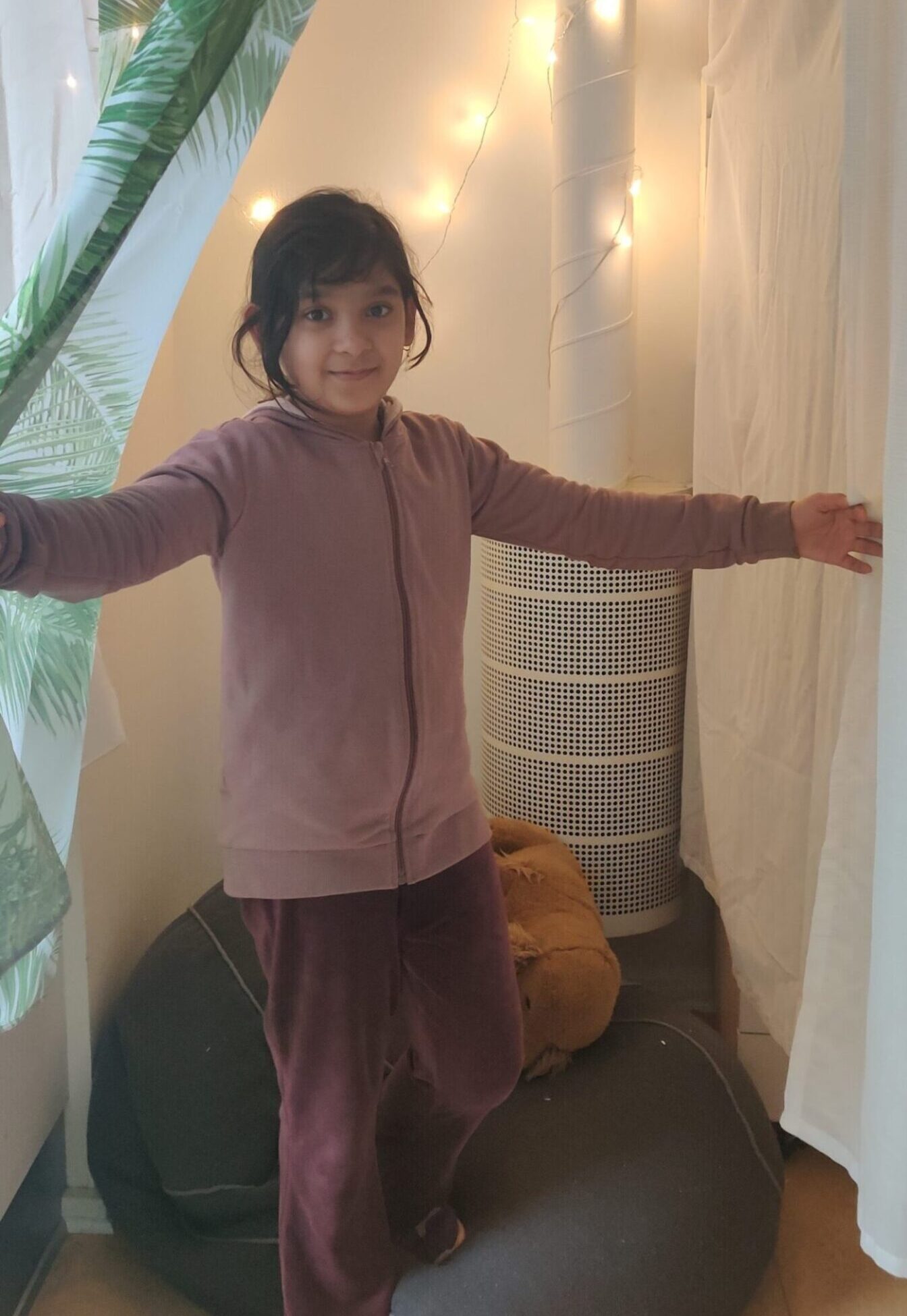The whole person
While we highly value academics, we strongly believe that children learn best in an environment where they feel both connection and a sense of belonging. We place the child at the center of our curriculum and make sure that we actively co-create with all stakeholders a school community and education where children can thrive as they learn and become the future. We focus on this actively with our Personal Learning Goals, Wellbeing Classes, and Positive Discipline Approach.
Personal learning goals
We believe in nurturing the whole child through our 8 IPC personal goals and VIS UN goal
Adaptable
- I try doing things more than one way
- I can change my ideas and behavior
Collaborator
- I can work in a team
- I can take on different jobs in a team
- I can appreciate everyone
Communicator
- I can express myself
- I can speak more than one language
- I am honest and truthful
Empathetic
- I know everyone learns in different ways
- I show kindness
- I know my words and actions affect others
Ethical
- I recognize rules are there to help us
- I can learn about other cultures’ rules
- I can make good choices
Resilient
- I try more than one time
- I know things don’t always go my way
- I know that leaning takes effort
Respectful
- I treat others as I want to be treated
- I am considerate of others’ personal space and things
- I know we are all different
Thinker
- I imagine solutions to problems
- I reflect on my failures and successes and pick a next step
- I am curious and creative
Advocate
- I know my Universal Rights of the Child
- I take action to help all children experience their rights

Wellbeing
Today’s world has a lot of stressors and worldwide events that have the possibility of making children more anxious, less social, and stressed. We recognize the need to integrate mindfulness and wellbeing into our instructional days. Every week learners have a Wellbeing class in which they explore how to manage emotions, find appropriate strategies for resolving conflict, learn how to form successful friendships, and to take care of their own mental wellbeing.
Our classrooms are set up with calm areas so that learners can take short breaks as needed when they feel overwhelmed or need to cuddle a stuffed toy. By creating an empathetic atmosphere where it’s ok to take a moment for yourself or to talk to someone about how to handle an emotion we believe that all children will learn better. This helps make school a safe place where everyone can thrive.
Positive Discipline and Restorative Justice Approach
We believe that all children are looking for belonging and significance. Misbehaviours that occur are because one of these core needs is not being met in some way. Our team works with students to identify the roots of behaviour and help children collaboratively focus on solutions.
Jointly these approaches aim to help pupils develop tolerance, co-operation, self-discipline and respect for rules so as to provide an environment in which everyone feels happy, safe, secure, and where learners take account for their actions.
Any response by VIS to behavior will always embody these five principles.
- Helps children feel a sense of connection.
- Is mutually respectful and encouraging.
- Is effective long – term.
- Teaches important social and life skills.
- Invites children to discover how capable they are.
You can read more in our Positive Discipline and Restorative Justice Policy
Viking International School employs a school culture of positive discipline and restorative justice to create a…
Learning community that nurtures the capacity of people to engage with one another and their environment in a manner that supports and respects the inherent dignity and worth of all.
– Little Book of Restorative Justice, 2016
Inquiry Based
Our learners explore the world and research through authentic real-life challenges that help them to form conclusions and take action in the world around them. In both IPC and Danish based classes active learning is the goal.
STEAM (Science, Technology, Engineering, Art, and Maths) is a handson approach that presents our learners with problems and challenges to be solved. There is no one correct pre-scripted solution. Instead children have to design, test, and find solutions based on the learning they have previously had in class. This lets them synthesize and apply learning to form new understandings and create an ease in outside of the box thinking.
Multi-lingual
Our primary language of instruction is English with a strong emphasis on Danish. All learners at VIS have Danish daily. In addition, many of our specials are Danish prevalent classes so that both native Danish speakers and new to Danish speakers can interact and use their language in natural environments. We also celebrate home languages and understand that remaining strong in home languages is essential to further learning.